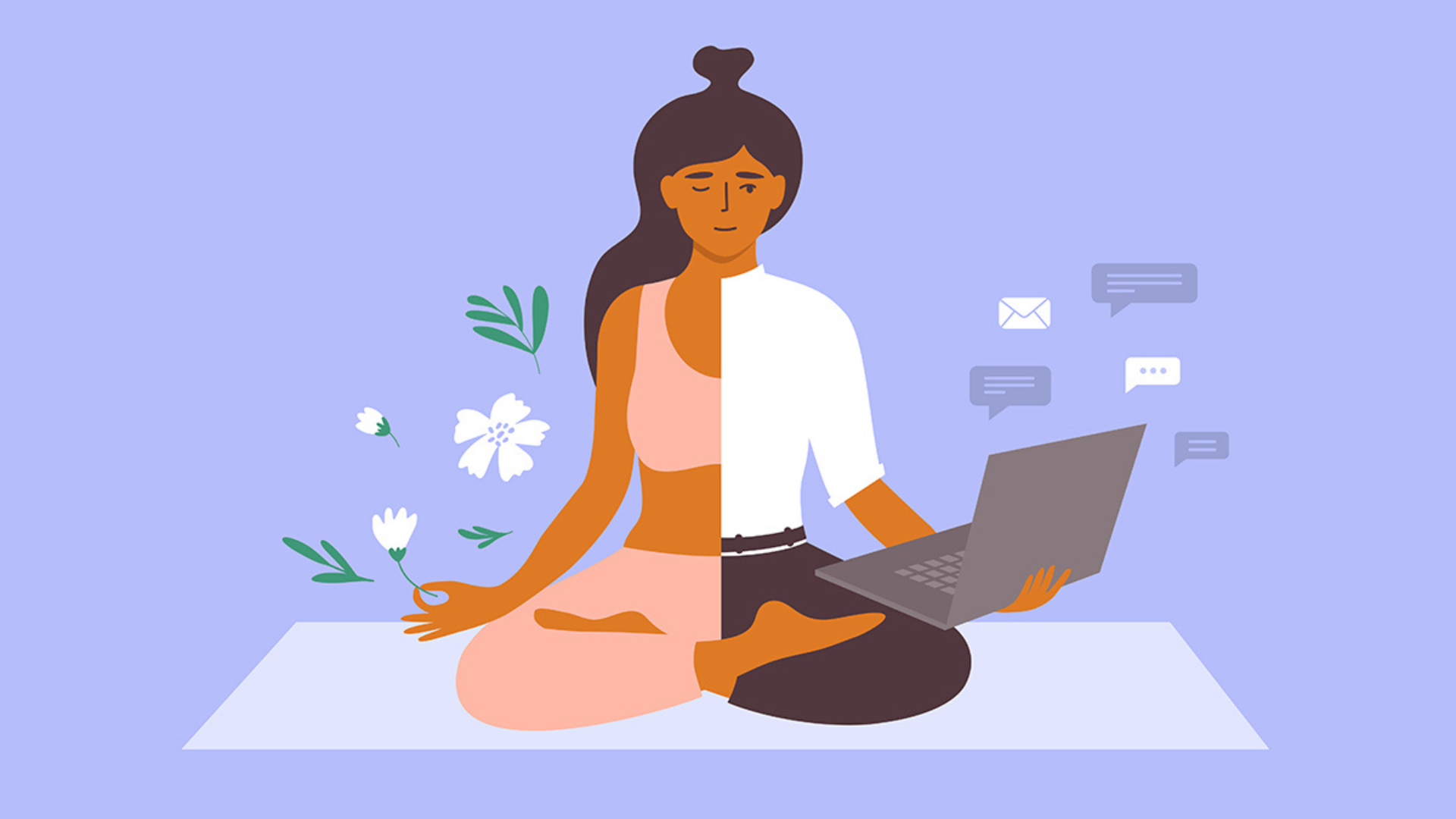Promoting Wellness in the Workplace
Why Workplace Wellness is Key on World Mental Health Day
This World Mental Health Day, we’re reminded of the critical role that mental health plays in our lives, especially in the workplace. A healthy workplace isn’t just about boosting productivity — it’s about creating a culture where employees thrive, feel supported, and are genuinely happy. Especially considering that the average employed adult spends about 35-40% of their waking adult life at work.
Before we get into the how-to, let’s think about why this matters. Research shows that workplace wellness programs do more than improve productivity — they foster a supportive environment that enhances both mental and physical health, reduces stress and encourages long-term employee engagement. According to the American Psychological Association, businesses that prioritise wellness see a 10% bump in employee engagement and retention. Pretty powerful, right?
Wellness in a Remote Working World: Making Connection a Priority
With remote working here to stay, companies need to rethink how they support employees who might be feeling isolated or stressed and work to create an environment where each team member feels valued and connected. Here are some ideas of how you can keep wellness at the forefront when you have remote-workers:
Encourage Movement and Regular Breaks In the comfort of their homes, remote workers can easily fall into the trap of sitting for long hours without taking breaks. Encourage your team to step away from their desks. Try fun ideas like promoting the Pomodoro Technique (25 minutes of work, followed by a 5-minute break) or organising virtual fitness challenges. These small habits can do wonders for both physical and mental health!
Foster Connection, No Matter Where You Are remote work doesn’t have to mean social isolation. Host virtual happy hours, team-building games, or even casual coffee check-ins. Building a sense of community is crucial for maintaining mental wellness, and platforms like Slack and Teams can be your best allies for keeping the conversation going. A team that feels connected is a team that’s more engaged and happy.
Make Mental Health Resources Accessible Want to make a real impact? Give your team access to virtual mental health resources like resilience training, meditation apps, or mindfulness sessions. These tools can help reduce stress and improve overall well-being. Harvard Business Review reports that employees who feel supported in their mental health are far more productive and engaged. So, why not make sure your team knows help is just a click away?
Wellness in the Office: Creating a Space That Nurtures Mind and Body
For those working in-office, the physical environment plays a huge role in mental well-being. Here’s how you can create a workspace that’s both comfortable and mentally uplifting:
Prioritise Ergonomics and Comfort Let’s face it — sitting at a desk for eight hours a day can be tough on both body and mind. Where possible, equip your office with standing desks, ergonomic chairs and encourage short walks throughout the day. A healthy physical environment can reduce burnout and prevent physical discomfort, both of which are directly tied to mental health.
Promote a Healthy Work-Life Balance A good work-life balance is the secret to a happy, motivated workforce. Encourage flexible work hours, occasional work-from-home days, and make sure your team is taking their well-deserved vacation days. According to Gallup, employees with a balanced work-life, experience less stress and are more likely to stay.
Offer Office Wellness Activities Simple wellness activities like yoga classes, meditation sessions, or even offering a quiet room for relaxation can help employees reset during the day. Small changes in the office environment can go a long way in supporting mental health.
The Power of Resilience Training
One of the most impactful things you can add to your wellness program is resilience training. Why? Because resilience helps employees cope with stress, adapt to change, and stay positive even when things get tough — skills that are essential in both personal and professional life.
At PsycApps, our CPD-Accredited Resilience Training Programme is designed to support employees, whether they’re working from home or in the office. It helps them develop core resilience skills, manage their mental health and build the confidence to tackle challenges head-on. By integrating resilience training into your wellness initiatives, you’re not just reducing stress – you’re empowering your team to thrive in any environment.
The World Health Organisation reports that resilience training can cut workplace stress by 30%. Imagine the impact on your team’s productivity!
Workplace Wellness Matters, Now More Than Ever
One core thing to remember this Mental Health Awareness day is that employee wellness is imperative every single day of the year. By offering access to mental health resources, encouraging healthy habits and integrating resilience training, we can build a stronger, more resilient workforce. When you invest in your team’s mental well-being, the payoff is undeniable: happier employees, higher productivity, and a thriving workplace.
To find out more about our solution, register your interest for the CPD accredited Resilience Training Programme below to find out how we can support your workplace.


